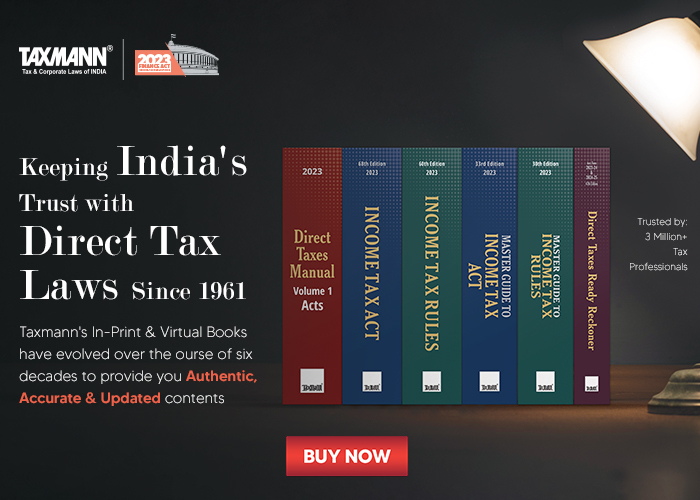Writ petition can’t be accepted on ground of failure to provide opportunity of being heard as opportunity was provided but not utilised: HC
- Blog|News|GST & Customs|
- 2 Min Read
- By Taxmann
- |
- Last Updated on 1 October, 2021
Case Details: Bright Steels v. State Tax Officer - [2021] 130 taxmann.com 482 (Madras)
Judiciary and Counsel Details
-
- R. Suresh Kumar, J.
- P.V. Sudhakar for the Petitioner. R. Suresh Kumar, Govt. Adv. for the Respondent.
Facts of the Case
The department passed assessment orders against the petitioner assessee for four assessment years and the petitioner filed writ petition to challenge the orders. It was submitted that it had requested to provide personal hearing but without giving any such personal hearing, orders were passed. Therefore, on the ground of violation of the mandatory requirement of giving personal hearing, the petitioner filed the writ petition.
High Court Held
The Honorable High Court observed that Section 75(4) of CGST Act, 2017 mandates the requirement of opportunity of being heard and only one opportunity of hearing shall be given and it is mentioned that no adjournment shall be granted for more than three times to a person during the proceedings. However, in the present case, it was noted that opportunity of hearing had been given to petitioner more than twice and when last (third) such opportunity was given, the petitioner did appear and file adjournment letter. The adjournment can be considered and granted only by Officer concerned, who deals with matter and in this regard, law does not mandate that mandatorily three personal hearings shall be given.
Therefore, it cannot be stated that no opportunity had been given, and this case cannot fall under the category of ‘no opportunity of personal hearing was given’. Thus, it was held that department had not violated the mandatory provisions contained in section 75(4) and writ petition was to be dismissed.
Disclaimer: The content/information published on the website is only for general information of the user and shall not be construed as legal advice. While the Taxmann has exercised reasonable efforts to ensure the veracity of information/content published, Taxmann shall be under no liability in any manner whatsoever for incorrect information, if any.

Taxmann Publications has a dedicated in-house Research & Editorial Team. This team consists of a team of Chartered Accountants, Company Secretaries, and Lawyers. This team works under the guidance and supervision of editor-in-chief Mr Rakesh Bhargava.
The Research and Editorial Team is responsible for developing reliable and accurate content for the readers. The team follows the six-sigma approach to achieve the benchmark of zero error in its publications and research platforms. The team ensures that the following publication guidelines are thoroughly followed while developing the content:
- The statutory material is obtained only from the authorized and reliable sources
- All the latest developments in the judicial and legislative fields are covered
- Prepare the analytical write-ups on current, controversial, and important issues to help the readers to understand the concept and its implications
- Every content published by Taxmann is complete, accurate and lucid
- All evidence-based statements are supported with proper reference to Section, Circular No., Notification No. or citations
- The golden rules of grammar, style and consistency are thoroughly followed
- Font and size that’s easy to read and remain consistent across all imprint and digital publications are applied
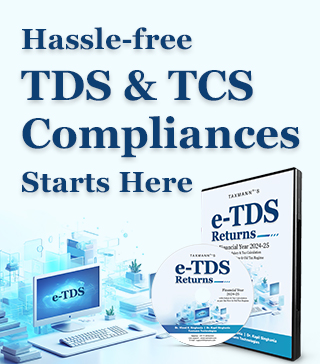
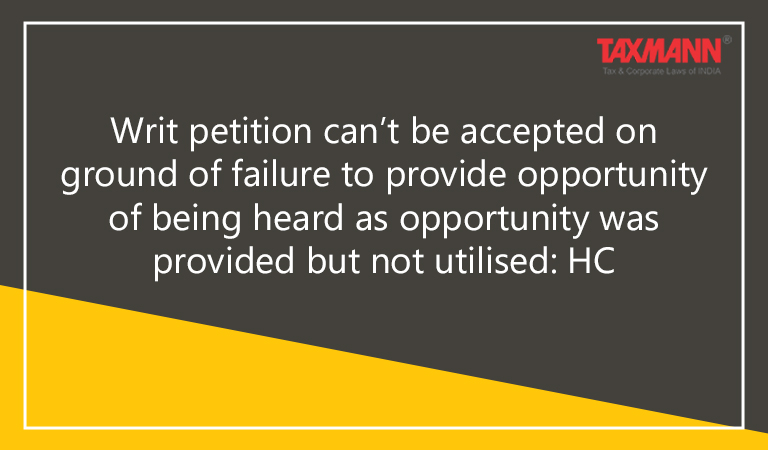
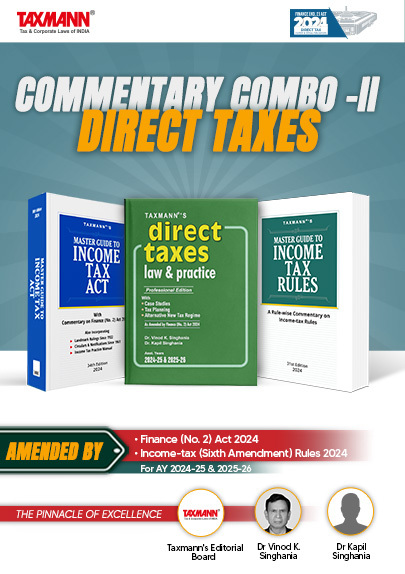
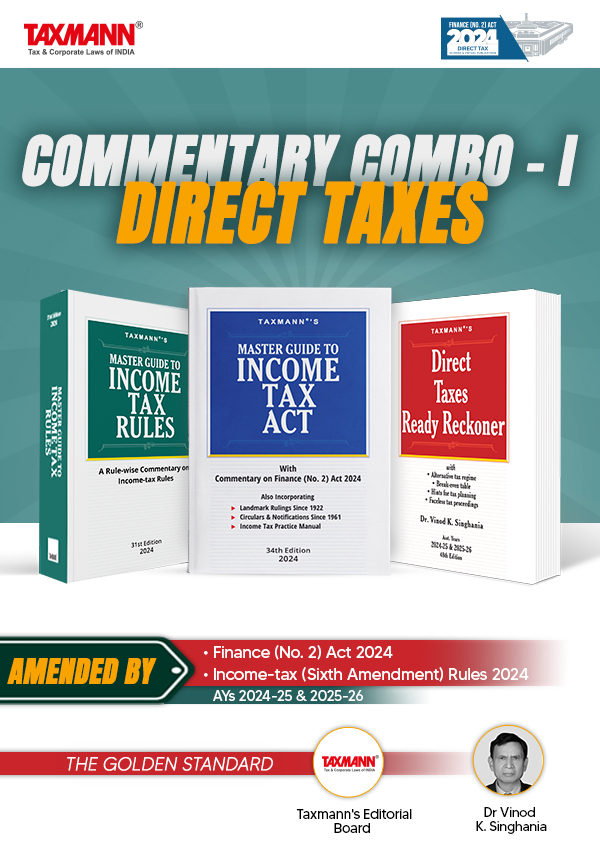
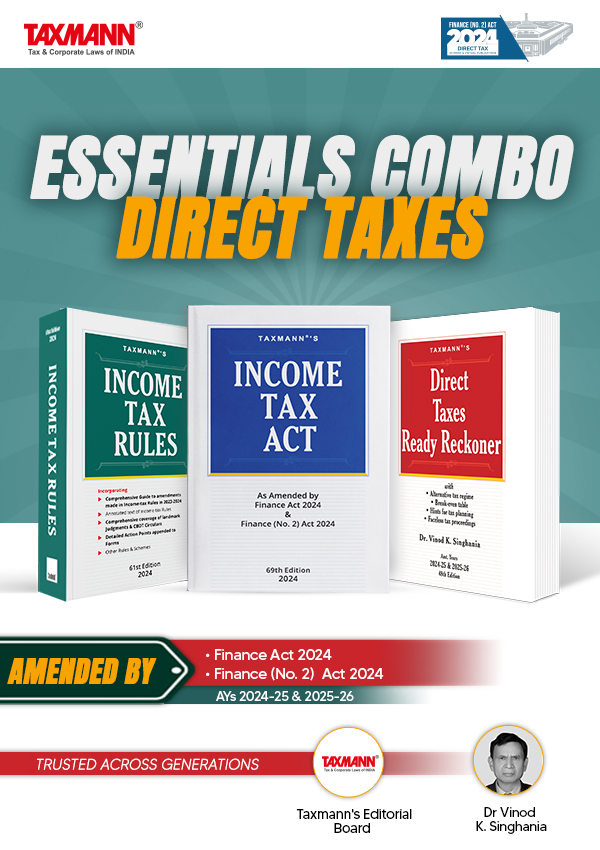
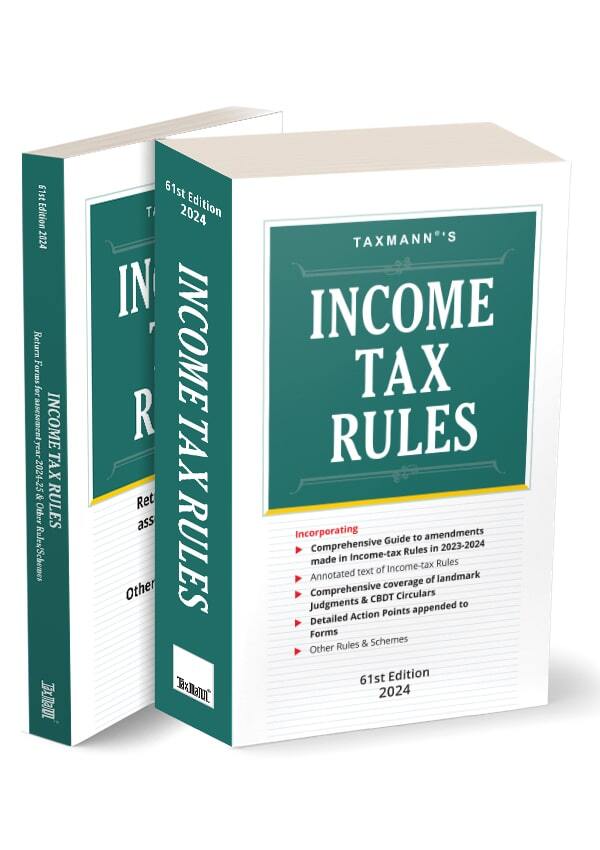


 CA | CS | CMA
CA | CS | CMA


